Category: Other Livestock
-
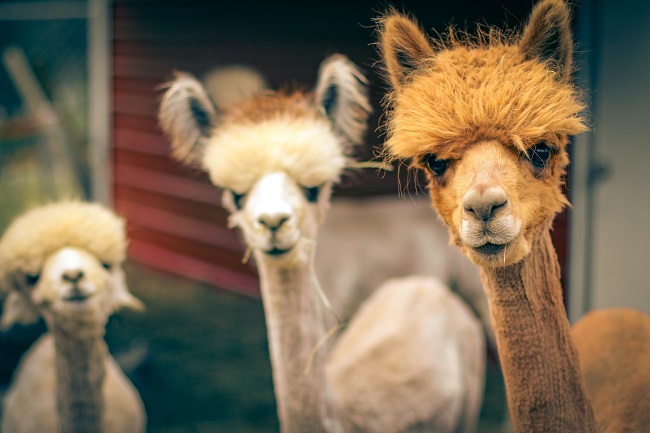
Are Alpacas For You?
Are you thinking about raising alpacas as pets? These basic questions and answers might help you decide if raising exotic farm animals will work for you. Question: How much room does an alpaca need? Answer: One acre will keep five alpacas healthy and happy. Question: What kind of fencing and shelter are needed for an […]
-

Everything You Need to Know About Waterfowl
Which Breeds Make the Best Pets Look at the colors and descriptions. Which appeal to you? For ducks, the larger breeds (Pekin, Rouen, Blue Swedish, Buff, Cayuga) are normally the calmest. Remember that the Mallard and Muscovy can fly. Get several different breeds for a variety of colors and shapes. For geese, there are no […]
-

How to Prepare Sheep for Healthy Lambing and Kidding
What’s happening during the last 4 to 6 weeks of pregnancy? Seventy (70) percent of fetal growth occurs during the last 4 to 6 weeks of pregnancy. Most of the female’s mammary (udder) growth is occurring during this period. At the same time, rumen capacity is decreasing. The result is the need for increased nutrition, […]
-
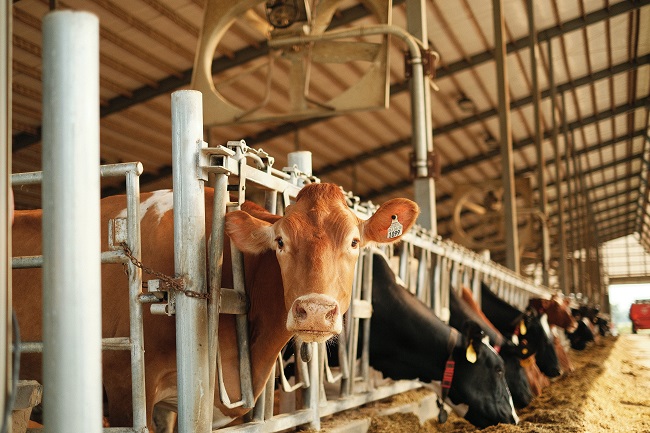
Proper Reproductive Culling of Dairy Cows
Reproductive culling usually ranks as the first or at least second most common reason for voluntary disposal of dairy cows. Reviewing DHI summaries reveals that 8% of all cows culled are for breeding problems. Repeat breeders and chronic cystic cows are the two major groups that are culled. Poor heat detection is also a major […]
-
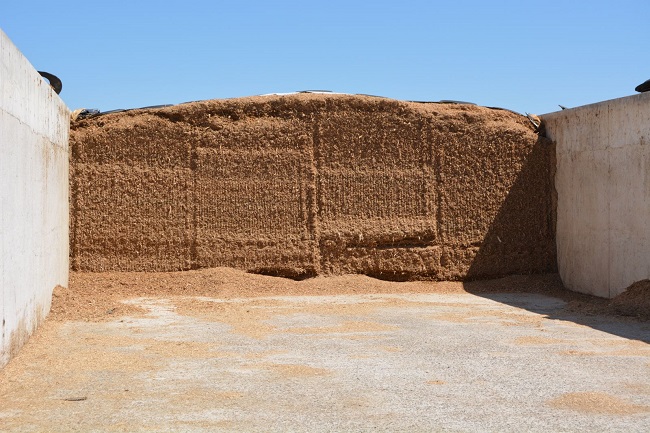
Do Silage Inoculants Survive the Ensiling Process?
Enterococci are a group of bacteria with similar characteristics to streptococci. Very hardy bacteria, enterococci can survive harsh environmental conditions. These organisms can cause mastitis, like streptococci do, but unlike streptococci, are also used as silage inoculants. Based on this knowledge, we were curious as to whether these bacteria could also survive the ensiling process. […]
-

Too Much Grain isn’t Good for Sheep
Sheep are easy-care critters for a farm animal. They are basically a grazing animal, and pasture or hay should make up the bulk of their diet. But that doesn’t mean they can survive on burned out brown lawn grass. We’ve found that sheep don’t care very much for bluegrass or fescue, which are typical lawn […]
-
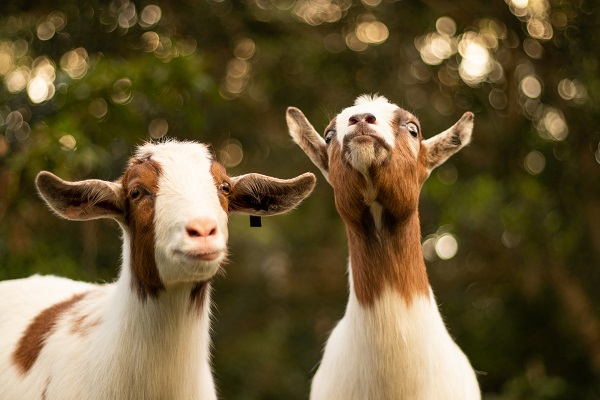
How to Recognize and Prevent Impending Health Problems in Goats
Here are a few basics that can help you recognize an impending health problem in a goat. A timely observation might help save a life. First and foremost, is the animal cudding? This is critical. A healthy animal will be relaxed and working that cud. Can you see that rumen working? This, too, is important. […]
-
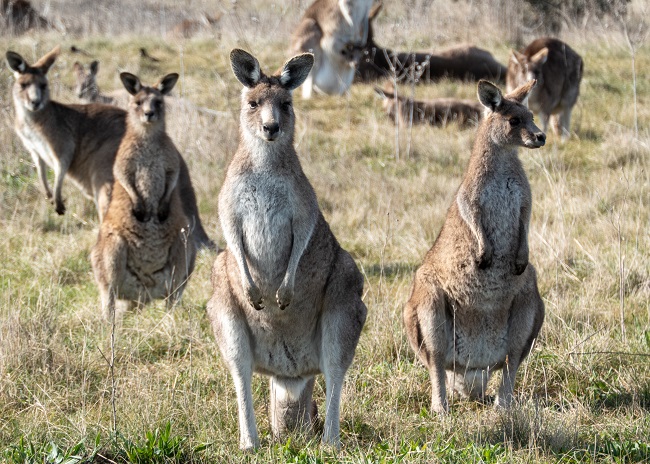
Do You Know Your Animal Group Names?
Not all groups of animals are called herds. Listed below are some of the many names for groups of animals. A clutch or chattering of chicks A bed of clams A quiver of cobras A rag of colts A cover of coots A kine of cows (twelve cows are a flink) A band of coyote […]
-
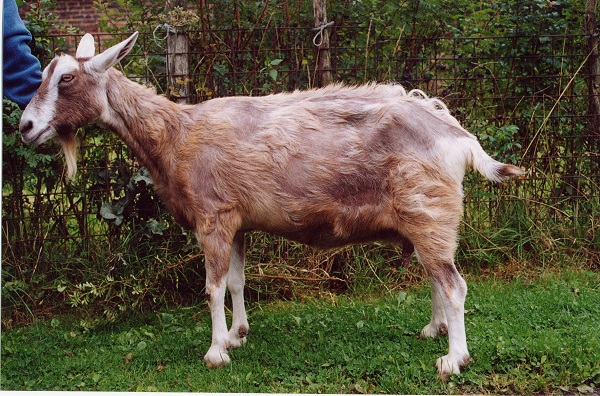
How to Identify & Treat Goat Hair Loss
If your goat is losing his hair, parasite infestation or disease are likely culprits. Scientifically termed alopecia, hair loss can also result from self-inflicted trauma, such as a goat constantly scratching on a fence or other object. Until you know what’s causing the problem, wear disposable gloves when handling your goats. Certain conditions causing alopecia […]
-
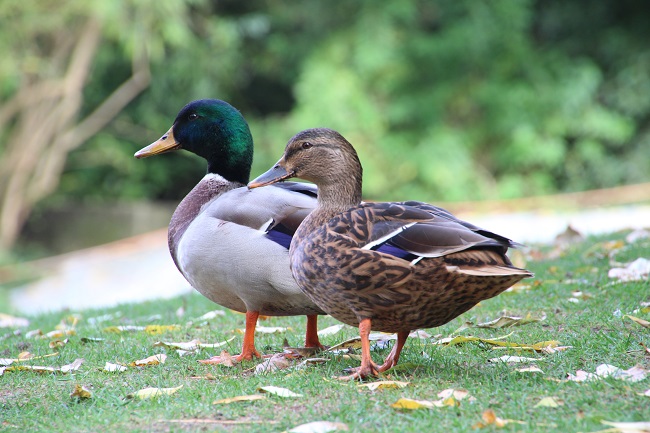
How to Prevent Disease in Waterfowl
Disease prevention in waterfowl, and in poultry in general, requires their caretakers to be diligent in three main areas to prevent birds from becoming infected with disease. Biosecurity Establish and maintain a biosecurity program that will prevent the introduction of diseases into the premises where ducks are kept. This includes prohibiting the admission of any […]